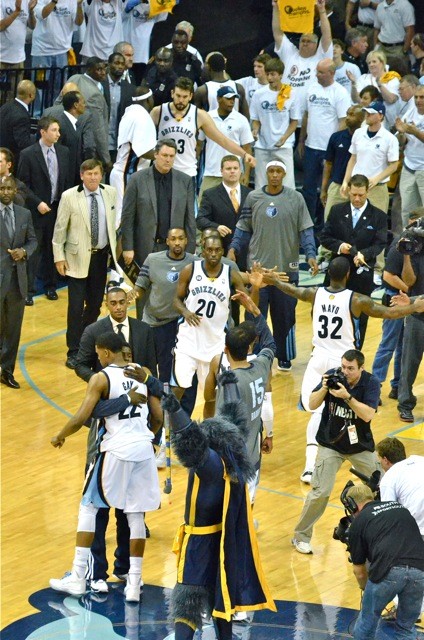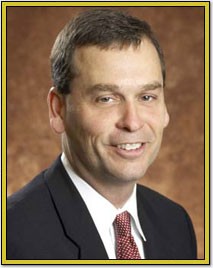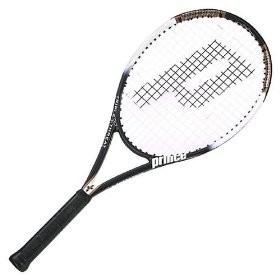Louisville indie/alt powerhouse My Morning Jacket may have started as this generation’s answer to Neil Young & Crazy Horse — replete with the familiar marathon fuzz-guitar overtures and trademark yearning, high-pitched vocal delivery. But, in recent years, the band has defied both convention and expectation, ultimately developing into one of America’s most vital current rock bands.
Singer/guitarist/bandleader Jim James founded the band in 1998 after rejecting a record deal for his previous project, Month of Sundays. Instead, James formed My Morning Jacket with the remnants of another area band, Winter Death Club.
“My Morning Jacket started off as just me and an acoustic guitar, as it was a vent for songs my band at the time couldn’t use,” James told Pitchfork in 2002. “So I did my own thing as My Morning Jacket, but then John (Quaid, original guitarist) got so involved and the boys all followed suit, and we just kind of guffawed our way into playing all the time.”
The newly christened outfit released two records for the indie label Darla, 1999’s The Tennessee Fire and 2001’s At Dawn, before attracting the attention of ATO Records, a major-label subsidiary run by Dave Matthews. 2003’s It Still Moves marked the group’s ATO debut, and is still considered by many old-school fans to be My Morning Jacket’s signature work.
But in 2004, longtime members Quaid and Danny Cash (keyboards) abruptly quit the band — leaving James & Co. without two key pieces of the My Morning Jacket puzzle.
“They (Quaid and Cash) decided to leave, I’m not quite sure why,” says current keyboard player Bo Koster. “I think it was an amicable thing; the lifestyle just wasn’t speaking to them.
“Carl [Broemel, current guitarist] and I were living and working in Los Angeles — and, I know the idea of My Morning Jacket going to L.A. to find studio guys is pretty funny,” he says. “But we both had friends of friends who let us know about the opportunity, we weren’t just strictly studio guys. We both wanted to be in a band. Luckily, it was a good fit for all of us.”
Such a good fit, in fact, that 2005’s Z, which found the band expanding its musical range while also dialing back the strict reliance on outboard effects (i.e., oceans of reverb and echo), was in many ways viewed as a creative step forward for the group.
“People say that we changed the sound of the band,” says Koster. “But it’s also Jim always exploring and evolving as a songwriter. Earlier records had a natural progression in their own right — certainly, experimentation was going on before we joined. It is absolutely Jim’s band in so many ways. He writes the songs, and is, for the most part, the creative inspiration for the band. We jump on that train and help him get where he wants to go.”
My Morning Jacket has since further delved into experimental territory, with 2008’s Evil Urges finding the band aping both Prince and the Flaming Lips, among other influences. And the band’s most recent album, Circuital (released in May of 2011), is both its highest selling and, arguably, most eclectic effort to date.
“I think if you listen closely, even though there are lots of different styles, there’s a common theme in the new record,” Koster says. “Requests for understanding, struggling to find a place in this world, doing the work, etc. It’s a spiritual journey.”
My Morning Jacket
Bud Light Stage
Friday, May 4th
10:55 p.m.


